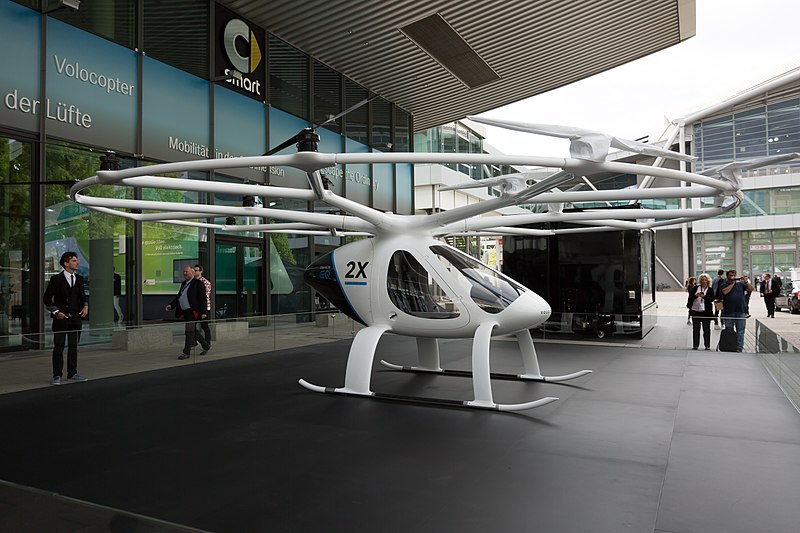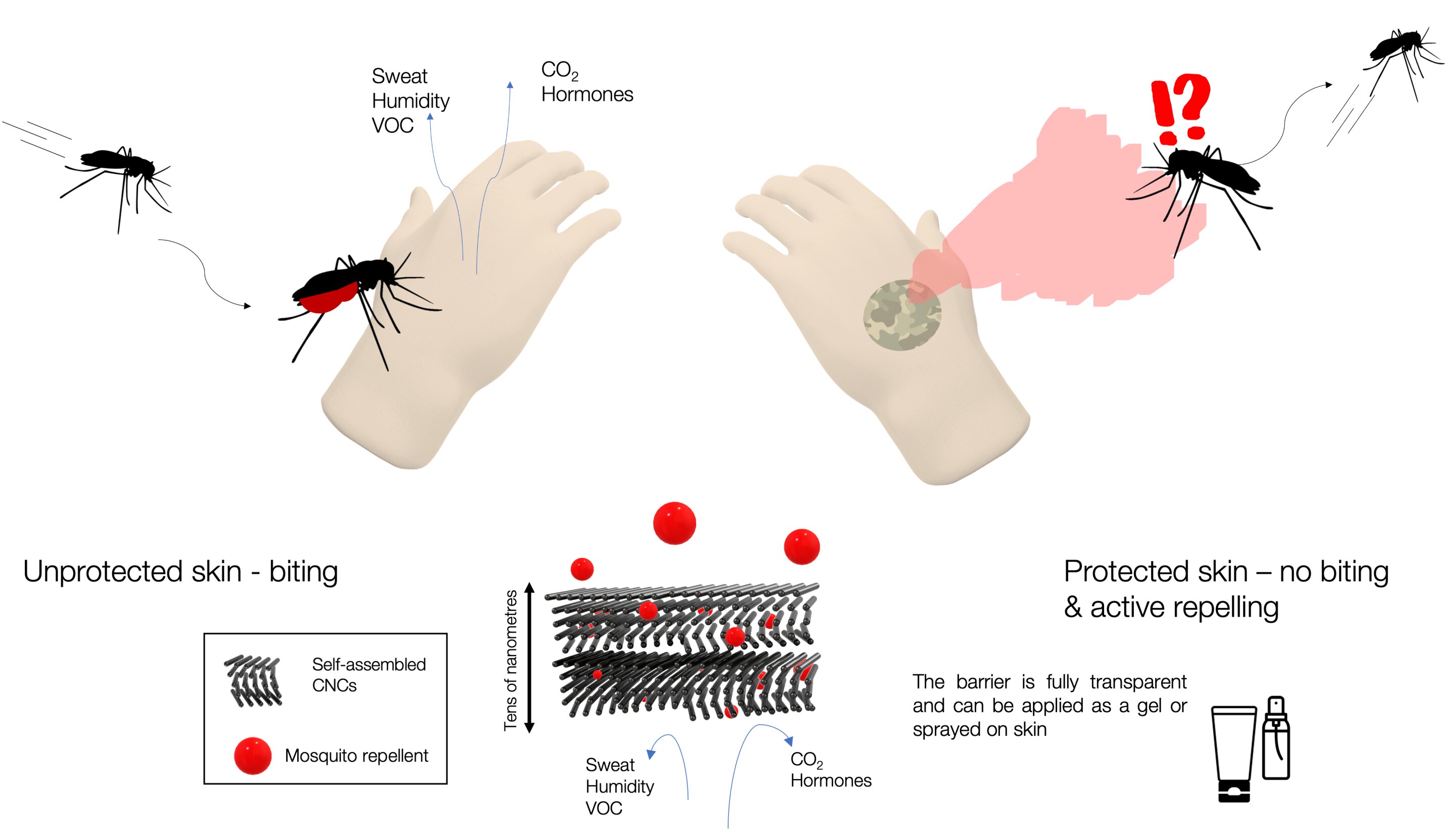Every year, thousands of Americans are injured or killed in truck accidents. Many of these crashes aren’t just about driver fatigue or reckless behavior. They also stem from problems baked into the vehicles themselves.
From faulty brakes to defective steering systems, manufacturer negligence can turn highways into hazard zones in an instant.
When Is a Manufacturer Liable?
Not every truck accident leads back to the manufacturer. However, certain situations clearly place responsibility on the companies that design and build these commercial giants.
Understanding these scenarios might make all the difference if you’ve been involved in a truck accident.
Defective Design
Sometimes, the problem starts on the drawing board. Trucks designed with inherent safety risks put everyone on the road in danger from day one.
Think of fuel tanks positioned where they’re vulnerable to puncture during a collision. These aren’t manufacturing mistakes. They are fundamental flaws in how the vehicle was conceived.
Design defects are particularly troubling because they affect entire lines of vehicles, not just isolated incidents.
This means thousands of potentially dangerous trucks might be on the road before anyone recognizes the pattern of failures.
Manufacturing Defects
Unlike design flaws, manufacturing defects occur during production. A truck might have a solid design but suffer from subpar execution when being built.
These problems can include:
- Improperly installed brake components
- Weak steering columns that fail under stress
- Electrical systems with improper connections
- Structural elements that don’t meet specification strength
These defects might affect just a few vehicles or entire manufacturing runs. Either way, they represent failures in quality control that can endanger anyone sharing the road with these trucks.
Failure to Warn
Sometimes manufacturers discover problems after trucks leave the factory.
When this happens, they have a legal obligation to warn owners, operators, and the public about these dangers. This responsibility includes issuing clear recall notices and providing straightforward remedies.
Sadly, some companies drag their feet. They might downplay risks or issue vague warnings that don’t convey the true danger. Others might recall vehicles but not aggressively track down all affected trucks.
This negligence leaves dangerous vehicles on the road long after problems have been identified.
Common Truck Defects That Cause Accidents
Certain defects appear more frequently in accident investigations and lawsuits. Recognizing these common failure points can help accident victims identify potential manufacturer liability.
Brake Failures
A fully loaded commercial truck can weigh up to 80,000 pounds. Now imagine that mass moving at highway speeds with compromised brakes.
Brake failures remain one of the deadliest defects in commercial trucks, and they stem from various problems:
- Air brake system leaks or compressor failures
- Brake pad or shoe materials that wear prematurely
- Hydraulic system components that crack under pressure
- Electronic brake controllers that malfunction
When a truck can’t stop properly, devastating rear-end collisions often follow. These accidents frequently cause catastrophic injuries due to the extreme weight differential between trucks and passenger vehicles.
Tire Blowouts
A sudden tire failure at highway speeds can send a truck careening across multiple lanes of traffic. While some blowouts result from inadequate maintenance, others trace back to manufacturing defects in the tires themselves.
Substandard materials, poor bonding between tire components, or improperly cured rubber can all lead to premature failure.
Steering Issues
Steering system defects rank among the most immediately dangerous truck problems. When a driver loses directional control of an 18-wheeler, everyone nearby is at risk.
Manufacturing defects in steering components can include:
- Weak tie rods that snap under stress
- Power steering pumps that fail suddenly
- Steering column joints that separate
- Electronic stability control systems that malfunction
These failures often occur without warning, giving drivers no opportunity to pull over safely before losing control.
Lighting & Signal Failures
Communication between vehicles prevents accidents. When a truck’s lighting or signaling systems fail, other drivers don’t receive critical information about stopping, turning, or hazards ahead.
Defective wiring, poor waterproofing, or substandard light components can all create dangerous situations, especially during night driving or adverse weather.
How to Prove Manufacturer Negligence for Truck Accidents
If you’ve been injured in a truck accident, establishing manufacturer liability requires careful investigation and evidence gathering. This process typically includes several key steps.
Investigating the Defect
Expert mechanical engineers and accident reconstructionists play crucial roles in determining whether a defect contributed to a crash. They examine:
- The physical evidence from the accident scene
- The truck’s maintenance records and history
- Similar failure patterns in identical models
- Design specifications and manufacturing standards
This investigation often involves specialized testing to recreate failure conditions and demonstrate how the defect caused or contributed to the accident.
Product Recalls
Checking whether the truck or specific components were subject to safety recalls can provide powerful evidence in manufacturer liability cases.
Unaddressed recalls may demonstrate that a known problem existed. Even completed recall repairs can sometimes prove inadequate if the fix doesn’t fully resolve the underlying issue.
The National Highway Traffic Safety Administration (NHTSA) maintains a searchable database of vehicle recalls that serves as a starting point for this research.
Lawsuits & Legal Precedents
Previous successful cases against manufacturers can establish important precedents.
If other victims have prevailed in similar circumstances, their cases may provide roadmaps for building your claim.
If the accident happened in Boston, working with a Boston truck accident lawyer can help you navigate local laws and maximize your chances of a successful claim.
Who Else Could Be Liable in a Truck Accident?
While manufacturer liability is significant, other parties may share responsibility for truck accidents involving defective components.
Truck Drivers & Companies
Even when defects exist, proper maintenance and inspection might prevent some accidents.
Trucking companies have legal obligations to maintain their fleets properly. When they neglect these duties, they may share liability with manufacturers whose products failed.
Regular maintenance schedules, pre-trip inspections, and prompt attention to warning signs can identify many problems before they cause accidents.
Failure to follow these protocols creates a dangerous combination of defective parts and negligent operation.
Parts Suppliers & Mechanics
The commercial trucking supply chain involves numerous entities beyond the primary manufacturer. Third-party parts suppliers and maintenance facilities may bear responsibility if:
- Aftermarket replacement parts failed to meet safety standards
- Repairs were performed improperly
- Maintenance technicians missed obvious signs of impending failure
Identifying these parties often requires detailed investigation into the truck’s service history and component origins.
What to Do If You’re in a Truck Accident
Because trucks are so large, accidents involving them often result in severe injuries. Here’s a breakdown of the essential steps to take:
- Prioritize safety and call 911 immediately.
- Exchange driver and trucking company information thoroughly.
- Document the accident scene with photos and videos.
- Obtain immediate medical evaluation and keep detailed records.
- Contact a specialized truck accident attorney promptly.
- Do not admit fault or provide detailed statements.
- Refrain from signing any documents without legal counsel.
If you’ve been injured in a truck accident, DiBella Law Injury and Accident Lawyers can help. They offer free consultations and work on a contingency fee basis, so you don’t pay unless they win your case.
Final Thoughts
Truck manufacturer liability in accidents rests on proving a direct link between a defect and the incident. If a truck defect contributed to your accident, you may have a case.
Holding manufacturers accountable not only helps victims recover damages but also pushes for safer industry standards.
If you suspect a defect contributed to your accident, consult a legal expert to explore your options.







